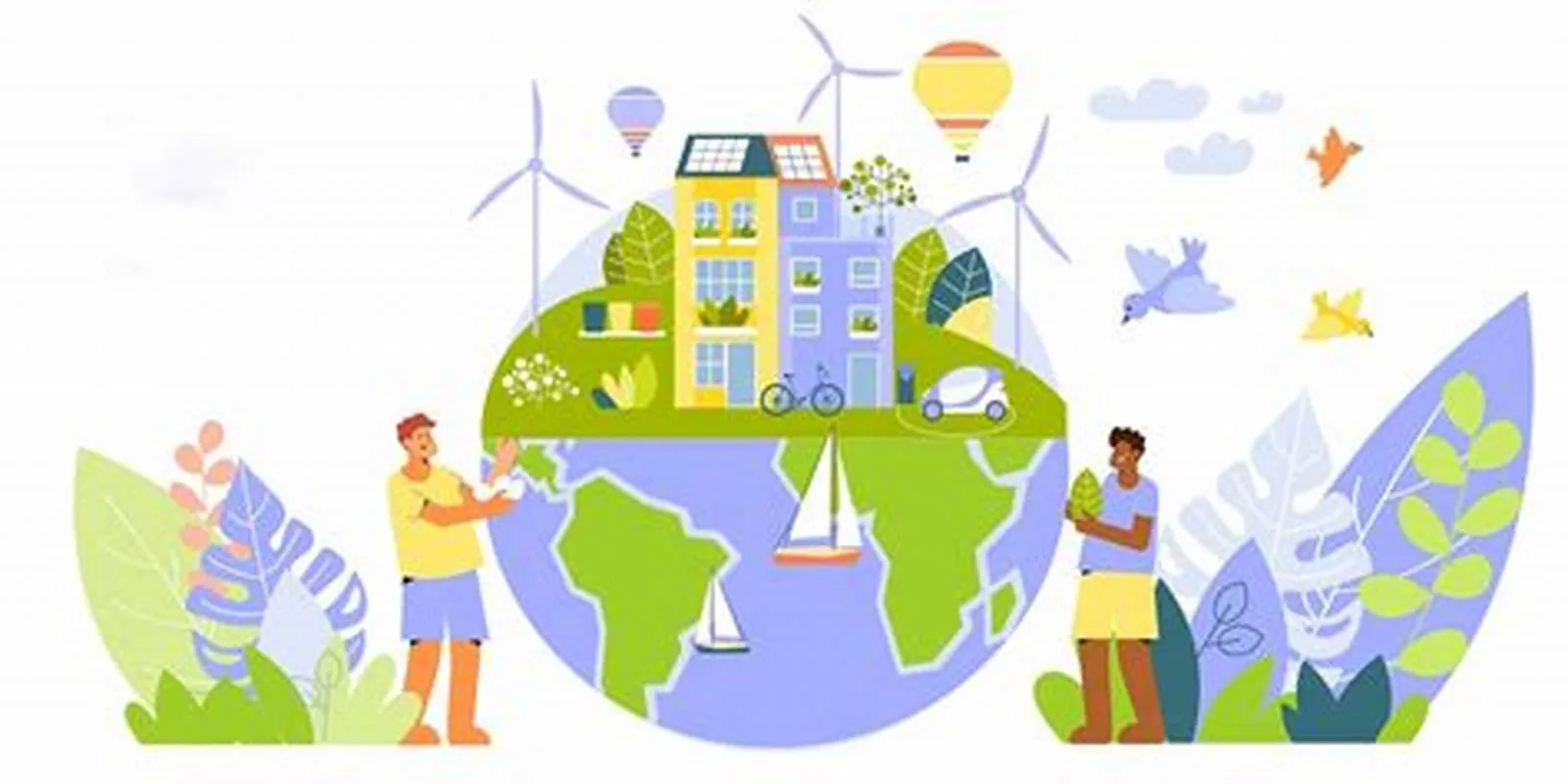Universities are taking a leading role in addressing the global challenge of climate change by establishing specialized programs that combine research, education, and policy development. These programs are designed to equip students with the skills and knowledge needed to confront the environmental, economic, and social impacts of climate change. By fostering collaboration across various disciplines, universities are creating innovative approaches to climate action and preparing future leaders to make a difference.

Growth of Climate Change Programs
In response to the increasing urgency of climate change, universities are expanding their academic offerings and research initiatives. Key areas of focus within these programs include:
- Degree Programs: Offering specialized undergraduate and graduate degrees in climate science, environmental management, sustainability, and public policy.
- Research Initiatives: Conducting research on pressing issues such as renewable energy, carbon capture, climate resilience, and mitigation strategies.
- Public Policy and Community Engagement: Partnering with governments, businesses, and NGOs to turn academic research into practical, real-world climate solutions.
For example, Stanford University’s Woods Institute for the Environment emphasizes collaboration between scientists, policymakers, and business leaders to develop scalable solutions to climate challenges. Similarly, Yale University’s School of the Environment integrates research with leadership training to prepare students for impactful careers in sustainability and climate policy.
Noteworthy Climate Change Programs
- Harvard University: Harvard’s Center for the Environment is a hub for climate research, offering interdisciplinary programs that prepare students to tackle global environmental challenges. Harvard’s focus on policy, science, and leadership makes its climate change program one of the most respected.
- Oxford University: The Environmental Change Institute (ECI) at Oxford is a leader in climate research and education. The institute’s MSc in Environmental Change and Management is highly regarded for its focus on environmental systems, sustainable development, and climate mitigation.
- University of California, Berkeley: Berkeley’s Energy and Resources Group (ERG) offers graduate programs that focus on sustainable energy and environmental science. These programs emphasize interdisciplinary research and practical solutions to global climate challenges.
- Columbia University: Columbia’s Earth Institute is home to the Lamont-Doherty Earth Observatory and offers a Master’s in Climate and Society. This program prepares students to analyze and address the impacts of climate change through a combination of science and public policy.
Trends in Climate Education
The scope of climate change education is expanding beyond traditional environmental studies. Universities are increasingly incorporating climate topics into economics, engineering, law, and urban planning programs. In addition, students are gaining real-world experience through fieldwork, internships, and collaborations with environmental organizations.
The rise of online education is also making climate-focused learning more accessible. Leading institutions such as MIT, University of London, and University of Edinburgh offer online certificates and degrees in sustainability, enabling professionals to upskill in climate science and policy while maintaining their careers.
Universities as Sustainability Leaders
Beyond academic programs, universities are stepping up their own climate action by reducing their carbon footprints and promoting sustainability on campuses. Many universities are transitioning to renewable energy sources, improving energy efficiency, and setting goals for carbon neutrality. Arizona State University, for instance, aims to become climate positive by 2035, meaning it will remove more carbon from the atmosphere than it emits.
Moreover, universities contribute significantly to shaping global climate policy. Researchers from institutions around the world often work with organizations like the Intergovernmental Panel on Climate Change (IPCC), providing vital data and expertise that inform international climate agreements and strategies.
Conclusion
University climate change programs are essential in the global fight against climate change. Through interdisciplinary education, pioneering research, and active community engagement, these programs are preparing students to lead efforts in addressing the climate crisis. As climate challenges grow more urgent, the role of universities in developing innovative solutions and guiding policy will be increasingly critical, making them central to the future of global climate action.
